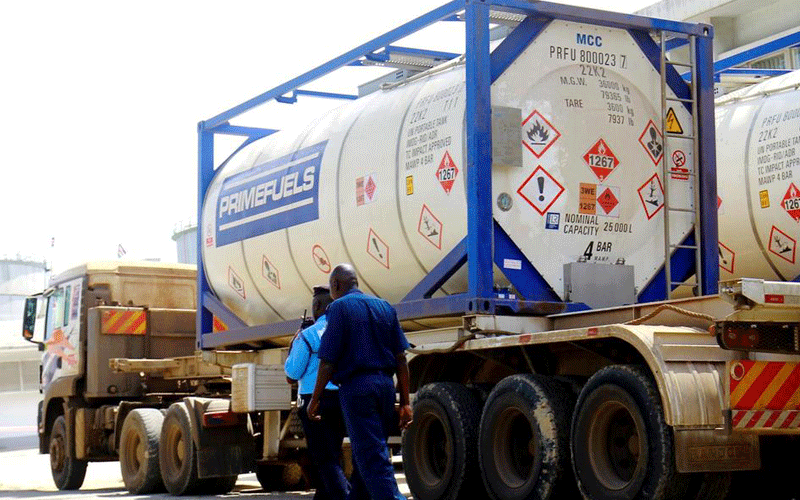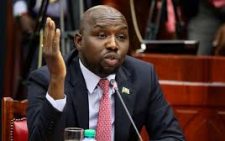Focus turns to oil suppliers amid fears of fuel shortage

Kenyans reported pockets of oil shortage in what could set the stage for a possible panic buying among motorists who are already burdened by the high fuel prices.
Energy and Petroleum Regulatory Authority (EPRA) attributed the supply hitch experienced in North Rift and Western Kenya to “unprecedented logistical constraints,” saying it is working with oil marketers and other stakeholders to restore normalcy across the country.
It also disclosed that it has published the Draft Petroleum (Importation) (Quota Allocation Regulations, 2022 for public review.
The main intention of the proposed regulations is to empower the National Oil Corporation of Kenya to participate in the importation of petroleum products for the non-franchised retail station owners.
According to insiders privy to the goings on in the oil marketing value chain, oil majors could be creating the shortages in what seems to be a silent protest by oil marketing companies (OMCs), over government’s delay to remit fuel subsidy compensations.
“The local market is constrained a bit because of lack of subsidy compensation by the government. The local/transit ratio of fuel consignment has changed from 70/30 to 50/50 as oil marketers divert more fuel to where they can make more money,” said the source who requested anonymity over the sensitivity of the matter.
The move by OMCs to hold back their products signals attempt to recoup billions of shillings they have lost for the months they supported the government’s subsidy plans, further crippling the costly economy.
Upstream Oil and Gas CEO Joe Gakuo says shortages witnessed in the country is a local problem since the government’s Open Tender System (OTS) is still effective.
“There has not been a problem of pipelining petroleum products. So yes, OMCs might be creating a shortage, like they did back in January. The global issue is more of a cost issue at the moment and is reflected at pump prices,” he said.
Cushioning the public
Legal importation and offloading of oil cargo is usually done through OTS under the Petroleum ministry, with Kenya Pipeline Company (KPC) mandated stocking and supplying petroleum products to oil marketers. Small oil firms have been the biggest winners since introduction of OTS as Epra oversight shielded them from dominance by oil majors who had been minting millions by dodging the supply chain.
With the government struggling to keep the subsidy, small oil marketers, who are the majority in the countryside, have been the hardest hit by the current shortage as big players move out of the local market.
“The government has intervened with a view to cushioning the public but as usual can’t keep its promise to compensate Oil Marketing Companies. So, they are not selling to small players since they themselves don’t have enough. Indeed, they are rationing to their own station dealers,” said another insider who also requested anonymity. In January, KPC issued a circular notice that some parts of the country were facing a petrol stock out “occasioned by unprecedented demand” during December 2021 holidays. The government has been using the fuel subsidy kitty to cushion Kenyans against global oil prices.
Last week, the subsidy kitty was partly withdrawn, pushing the cost of diesel and petrol upwards by Sh5, hitting Sh134 and Sh115 per litre respectively, the highest since the first increment in October last year. Petroleum Principal Secretary Andrew Kamau told National Assembly’s Energy Committee in February that the subsidy programme requires up to Sh8 billion monthly to keep it running.











